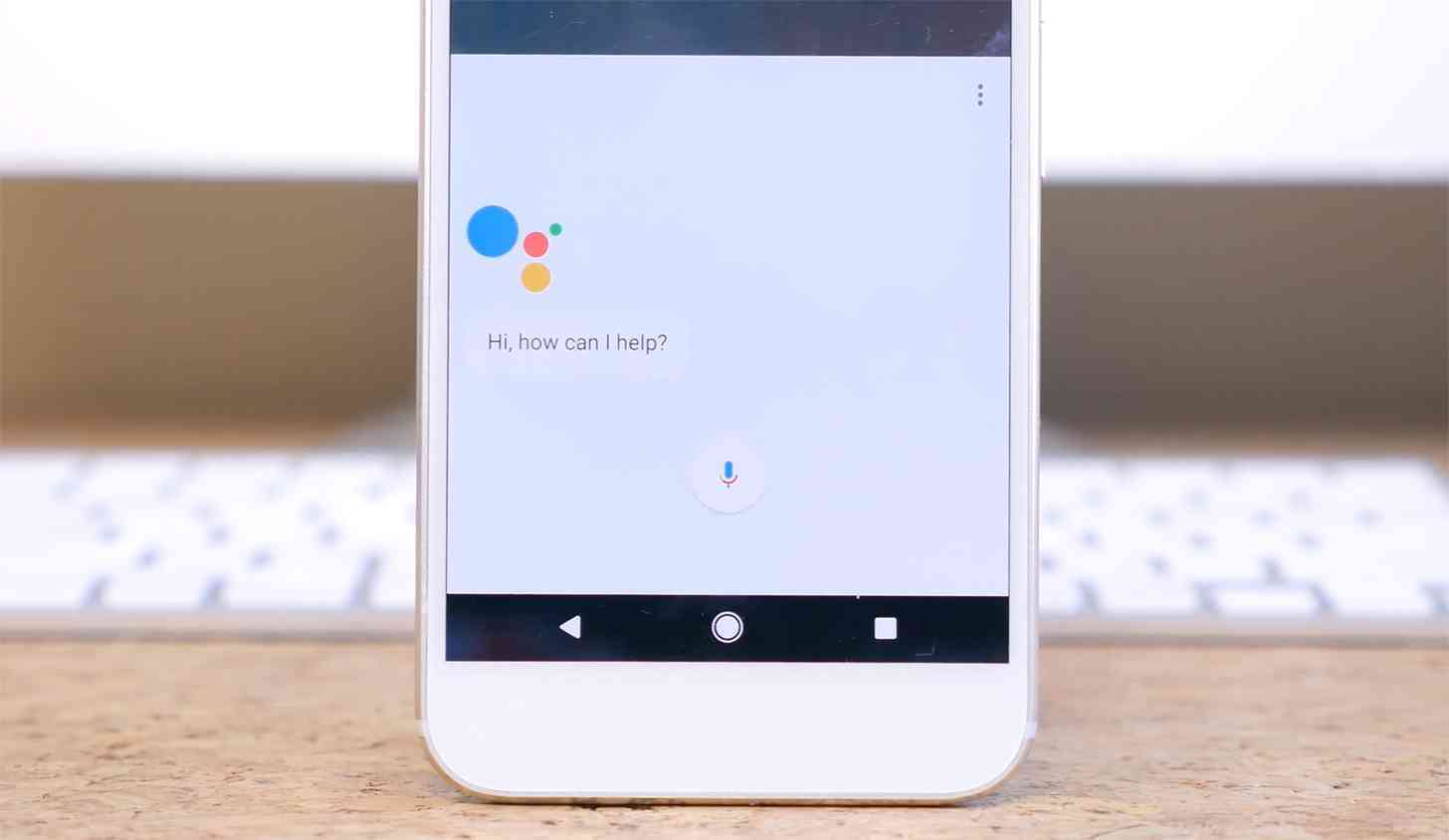
The Consumer Electronics Show in Las Vegas, Nevada, is officially underway, and if you've already been keeping tabs on the show, then you've probably seen what appears to be the general rule of thumb this year: Digital personal assistants in anything and everything. While there are more than two digital assistants out there in the world, only a couple are able to rake in the lion's share of attention that they do, and Google and Amazon are probably pretty happy with those results.
Those two companies have decided to go all-in with their digital assistants, and not just with their own products, either. They want those helpers on as many devices as they can be, giving voice to a variety of different gadgets out in the wild. Google Assistant is finding its way to TVs and other products, and Amazon's Alexa is lending a helping hand to smart ovens, and much, much more.
Alexa is even going to be built into Windows PCs. And Google Assistant is now in smart displays and in cars.
It's worth noting the obvious here: Google's and Amazon's gameplay is a lot different than Apple's, which kicked the digital assistant revolution off with its own Siri effort. But it's not like Siri is being left behind, because this is the way that Apple wants it to be. If you have an Apple household and you want a digital assistant, well, Siri should suit you well enough.
Still, if you aren't tied down to one platform, it's hard to argue that Google and Amazon might have the better options for you to consider. If you shop from Amazon on a regular basis, using an Alexa-powered smart speaker might make the most sense, for instance. But, if you want to leverage that power of Google, then that company's Assistant might be the better way to go.
I have a Google Home right next to me, streaming music, and while I wasn't initially sold on the idea last year, the device has basically found its place in my house for now. I don't use any of the device's features, other than having Google Assistant play my Spotify music, but I don't need it to. It serves its purpose as a speaker that I can talk to to handle music playback, and, sometimes, that's pretty great.
Of course, I use Spotify so if I have the app open on my computer I can still control music playback with just a quick tap of a button, and, honestly, I do that more often than not. Still, having the option to just tell the speaker to pause or stop is cool.
CES 2018 has me thinking about the tidal wave of digital personal assistant support, and how it's going to look in households in years to come. There are some differences between them, but I can't help but wonder how many homes are going to have both Alexa and Assistant ready to answer questions, control smart home products, and whatever else under one roof. Is this something that you even want?
I asked if you are a one ecosystem household before the end of 2017, and that was geared towards things like Apple, Google, or what have you. But honestly it's a question that can be extended to digital assistants, too, so that's what I'm wondering now. Are you a customer that has a variety of products that offer support for various digital assistants? Do you use Google Assistant and Amazon's Alexa regularly? Or are you aiming to make sure your home only has one digital assistant to help you and others? Let me know!